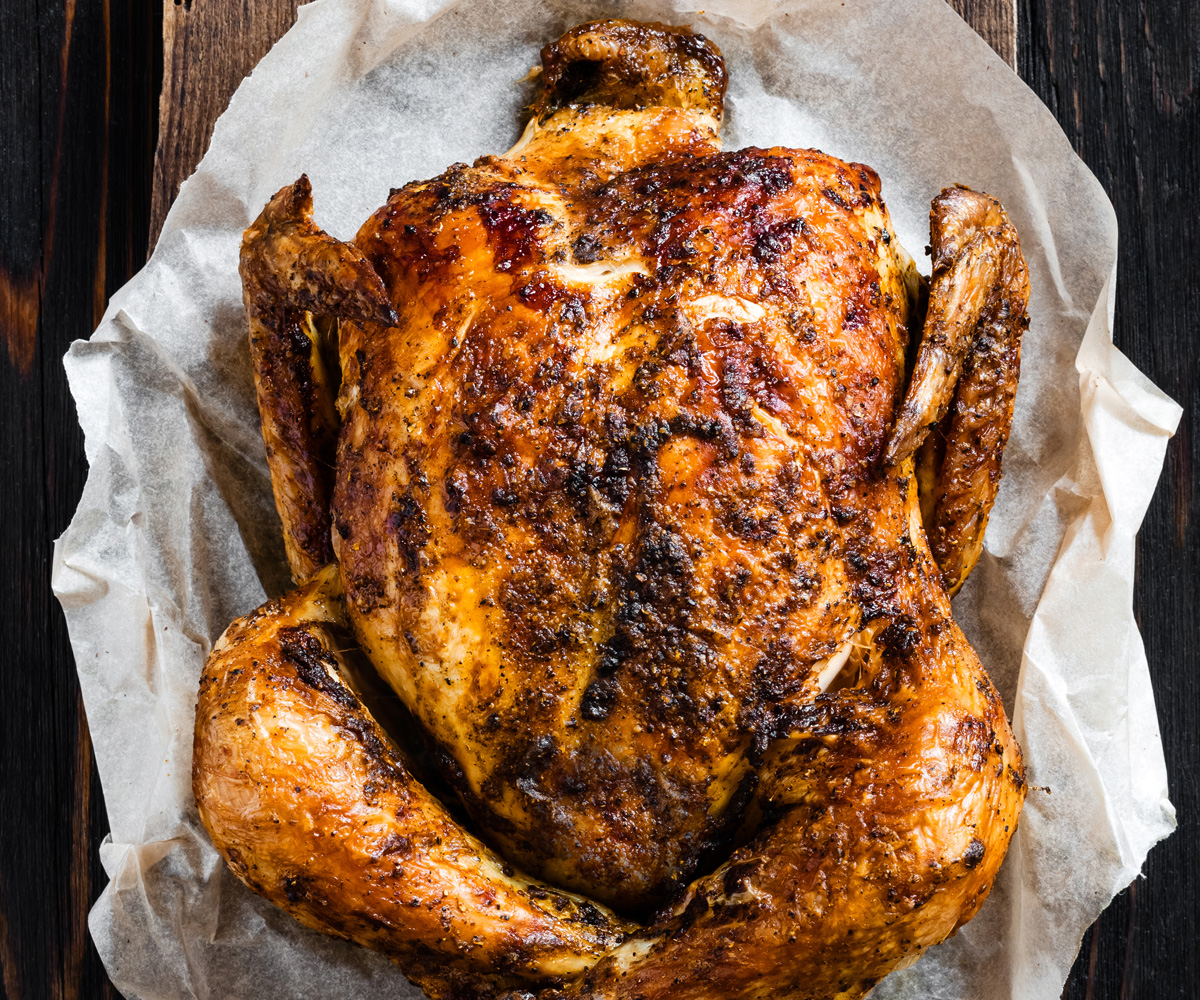WASHINGTON — These are the busiest days of the year for the folks whose job is to help with holiday cooking hassles, and make sure it is a healthy and happy celebration for all.
They are the experts working the phones at the U.S. Department of Agriculture’s Meat and Poultry Hotline, a free telephone service consumers can use to get questions answered about food safety.
“We have agents that have degrees in food science, nutrition, nursing, dietetics, and we are all technical information specialists or food safety specialists that can help answer those unusual or difficult situations,” says Tina Hanes, USDA’s technical information specialist, who’s spent many Thanksgivings fielding questions on the phone.
Last week, the questions focused on how to store a turkey. But as the big feast draws closer, the calls shift to the best ways to cook the bird.
Most questions deal with cooking times, brining tips and the like. However, there are plenty of calls that take agents by surprise — like the woman whose turkey fell out of a grocery bag and under her car. She rolled over it before she realized what happened.
“It dented her muffler and she asked if she could still use the turkey because the car ripped the packaging and she didn’t want to throw it away,” Hanes recalls.
Other times, hotline agents find themselves moderating disputes between family members over how best to thaw a big bird.
Then there’s always the panicky last-minute call from people who bought fresh turkeys too early, and realized on Thanksgiving morning that it was starting to smell.
“A common complaint is my turkey smells like rotten eggs, like sulfur. That is not a good sign,” Hanes says.
She says it’s best to wait until the last minute to pick up a fresh turkey.
And for those whose frozen bird is not quite thawed out in time, Hanes says the hotline agents have advice for that one, too.
Her favorite Thanksgiving cooking tip? Always use a food thermometer and check a turkey at several points — not just the breast — to make sure it has reached at least 165 degrees.
“They should also check it at the innermost part of the wing and the thigh — those areas tend to get done later,” Hanes says.
The number for the USDA hotline is 1-888-MPHOTLINE — or 1-888-674-6854.
It is open from 10 a.m. to 4 p.m. eastern time Monday through Friday, and from 8 a.m. to 2 p.m. on Thanksgiving Day.
USDA also offers a virtual representative 24/7 with answers to the most commonly asked questions at askKaren.gov, with live chats available Monday through Friday from 10 a.m. to 4 p.m.
Further information can be found at foodsafety.gov.






